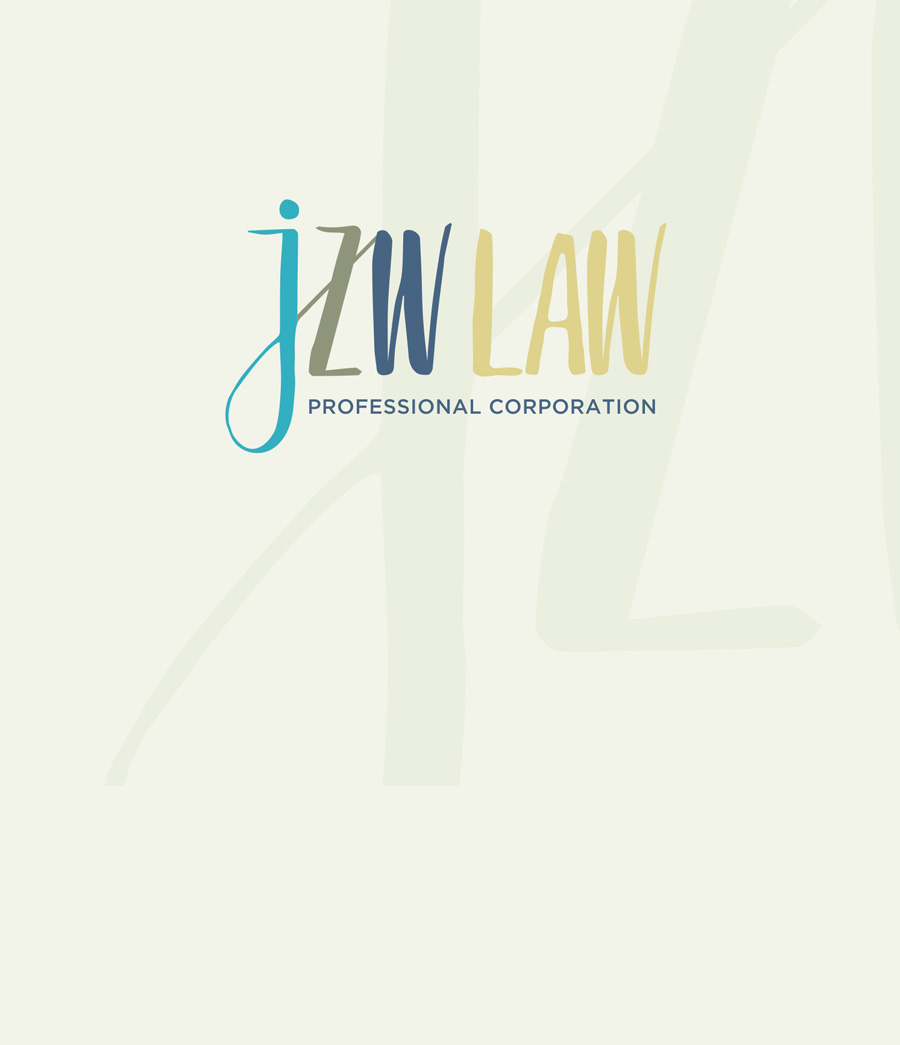
A detailed guide to Hague certification: JZW lawyers explain the process of handling cross-border passage of Canadian documents
I. Concept and Scope of Application of Hague Certification
Apostille, also known as Hague Convention Certification, and Apostille, refers to a secondary certification issued by a national government agency for the issuer of the original certification (usually a local notary office or an international notary public), and a seal or label is stamped on the certification. This process is called Hague Certification. Its purpose is to enable documents issued in one contracting state to be recognized by other contracting states, so that they have legal effect when used across borders.
In Canada, common documents that need to be certified by the Hague include birth certificates, marriage certificates, divorce certificates, diplomas, criminal records, business documents, etc. For example, if Canadian students want to study in other Hague member countries, their diplomas need to be certified by the Hague; if Canadian companies want to cooperate with companies in other Hague member countries, the relevant business documents also need to be certified by the Hague.
II. Processing procedures for Hague Apostille of Canadian documents
1. Prepare documents
First, you need to identify the documents that need to be authenticated and ensure that the content of the documents is complete, clear and valid. If it is a personal document, such as a birth certificate, marriage certificate, etc., you need to provide the original; if it is a business document, you may need to provide a copy of the company’s business license, company charter and other relevant documents. Original or photocopy (depending on the specific requirements).
2. Notarization by an international notary public
Submit the prepared documents to a local notary public in Canada. The notary public will review the authenticity and legality of the documents and sign and seal them to prove that the contents of the documents are consistent with the originals. This step is the basis of Hague certification and ensures the authenticity and legality of the documents themselves.
3. Provincial government certification
After the notarization by the international notary, the document needs to be submitted to the provincial government where the document is issued for certification. The provincial government will verify the signature and seal of the international notary and stamp the document with the provincial government’s certification seal. This step further confirms the authenticity of the document and the legitimacy of the notary.
4. Certification by the Ministry of Foreign Affairs (Hague Certification)
Finally, the document certified by the provincial government is submitted to the Canadian Department of Foreign Affairs for apostille. The Department of Foreign Affairs will stamp the document with an Apostille stamp or label to complete the apostille process. After this step, the document can be used in other Hague member countries and its legal effect is recognized.
III. Matters Needing Attention in Applying for Hague Certification
1. Schedule
The processing time for Hague certification usually takes several weeks or even months, depending on the type of document, the efficiency of the agency and the volume of business at the time. Therefore, it is recommended to plan your time in advance to avoid affecting the use of the certification due to the long certification time.
2. Language requirements
If the document is not in English or French (the official languages of Canada), you may need to provide a translation that is translated and certified by a professional translation agency. The translation needs to be notarized and certified along with the original document.
3. Cost Issues
There are certain fees to pay for Hague certification, including international notary public fees, provincial government certification fees, and Ministry of Foreign Affairs certification fees. The specific amount of fees depends on the type and number of documents. It is recommended to understand the standards of various fees before applying.
IV. Service advantages of JZW lawyer team
The JZW lawyer team has extensive experience and professional knowledge in the field of Hague certification and can provide customers with the following high-quality services:
- Professional guidance: We answer customers’ questions about Hague certification in detail, guide them to prepare the required documents, and ensure that the documents meet the processing requirements.
- Full-process agency: Complete all aspects of notarization by international notaries, provincial government certification, and Ministry of Foreign Affairs certification on behalf of customers, saving customers’ time and energy.
- Fast processing: With good cooperative relations with relevant institutions, the processing procedures can be accelerated and the certification time can be shortened.
- Translation service: If the client needs to translate documents, the JZW legal team can provide professional translation services and ensure the accuracy and legality of the translation.
If you encounter any problems in the process of obtaining Hague certification for Canadian documents, or need professional guidance and assistance, the JZW legal team is always at your service.
JZW Law has an experienced team of Hague-certified lawyers. They are fluent in both Chinese and English and provide professional legal services. We specialize in handling complex property division, corporate equity, trusts, overseas assets and other related issues. We provide preliminary consultation services, and you are welcome to contact us for more information or to make an appointment for consultation.
最新文章
标签





